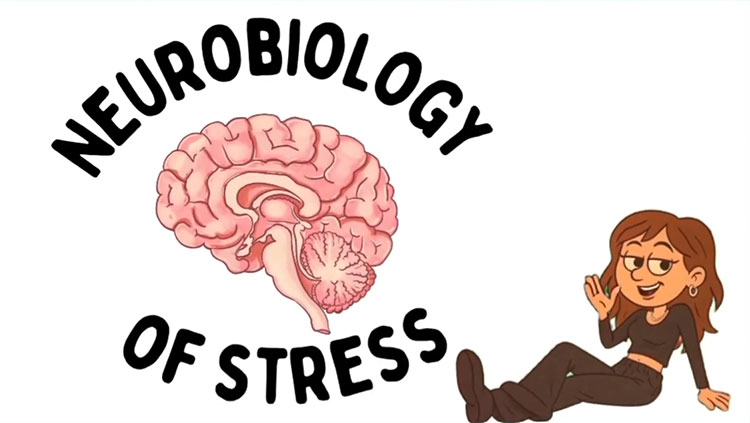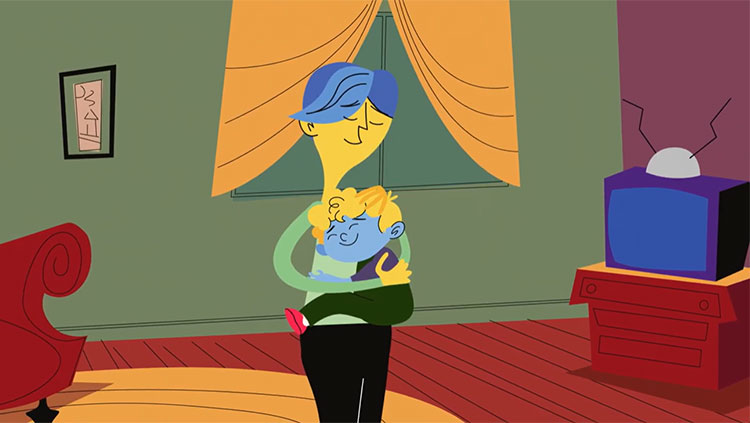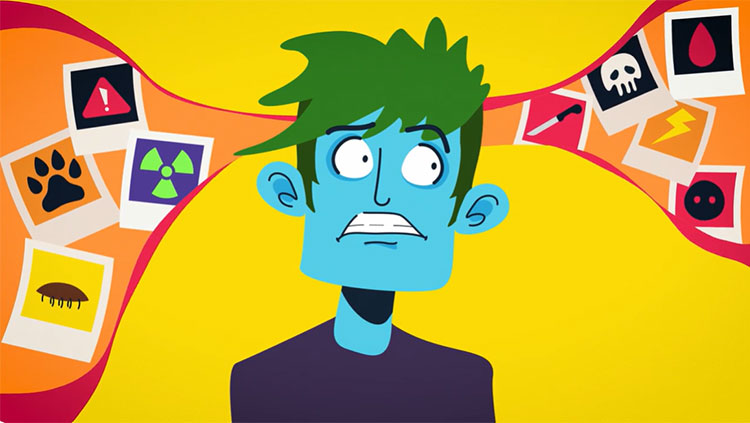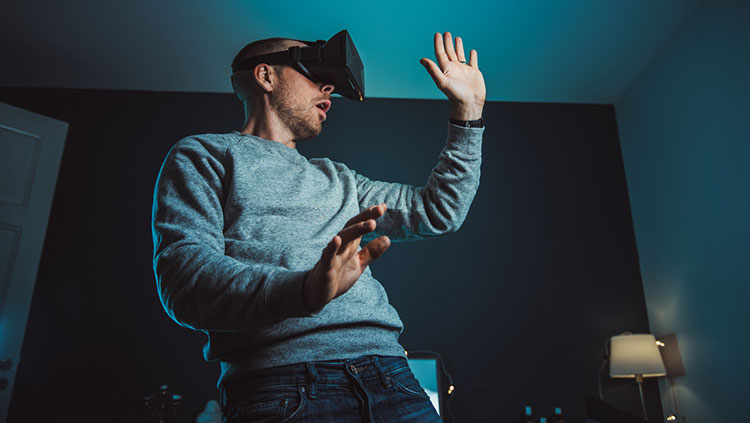Almost everyone has felt lonely at one time or another. But when loneliness becomes a chronic state, it negatively affects our brains, immune systems, and hormones. Even though chronic loneliness can trigger wide-ranging socio-cognitive effects, we can take action to combat and prevent them.
This is a video from the 2023 Brain Awareness Video Contest.
Created by Yiming Wang.
CONTENT PROVIDED BY
BrainFacts/SfN
Transcript
"Lonely, I'm Mr. Lonely, I have nobody." These might play in our head when we are lonely, like having lunch on our own or moving to a new place.
The worldwide statistics show that chronic loneliness is affecting people from different countries and of all ages. So, it is important for us to get a clear understanding of the hazards of loneliness. How human body is influenced by loneliness?
The first thing is that loneliness will turn the human body to an alert mode. Research found that people's loneliness level is positively associated with their saliva and urine cortisol. The release of these hormones are typical symbols of the activation of Sympathetic Nervous System (SNS). When people feel chronically lonely, SNS sets our body in the alert mode and signals related glands to release some hormones, reacting as if we are facing a life threat.
Chronic loneliness will also influence people's immune system. High lonely individuals show increasing activities of genes that promotes inflammation, which is a typical reaction of our immune system to fight micro "invaders."
For people who experience chronic loneliness, immune response genes might over-express, thus causing higher risks of inflammatory diseases, including the HIV and cardiovascular disease.
There are other possible negative effects of loneliness on our body. Loneliness harmed people's sleep quality rather than the duration, and reduced the satisfaction gained from leisure activities instead of the frequency. Besides the body and system, let's step further to see the changes of our lonely brain.
Let's firstly look at the prefrontal cortex. It's an important area at the very front of our brain responsible for control and execution. Socially isolated rats showed less dendritic arborization and myelination in the prefrontal cortex neurons. In young adults, self-report loneliness was found to be negatively associated with the white matter density in several regions of the prefrontal cortex.
As for the behavior, people with poor social network are more likely to display less self-discipline, including overeating, over consumption of alcohol, and less physical exercise. Lonely people's activities in the subcortical region also differ from the nonlonely group, involving ventral striatum and amygdala.
Ventral striatum is a structure critical in value assessing and reward processing. When seeing smiling faces of humans, lonely people showed weaker ventral striatum activation, indicating that loneliness makes people less rewarded by positive social stimuli.
Another related structure is amygdala, which plays an important role in emotion processing and social functioning. Individuals with higher loneliness scores tended to have smaller grey matter volumes of amygdala than those with lower scores. It again suggests that lonely people's social functions are affected from the neural level.
Knowing the negative impact of loneliness, there is still one thing that we should keep in mind. "Loneliness" is not the same as "being alone." Many recent studies supported that it's the subjective experience of loneliness instead of objective measure of social connectivity that is harmful to us.
In the end, how to protect our body and brain from vicious loneliness? So far, one recognized method is the Cognitive Behavioral Therapy (CBT). The idea of CBT is to shift people's attention and interpretation of social situations in a more positive direction.
Next time when we fall into a constant state of loneliness, think about our poor brain and body being slowly corroded. Find someone you trust to talk about your negative thinking. Find a therapist to help you adjust the maladaptive social cognitions. Be aware of the harm that loneliness does, and take actions to save our lonely brain and body!
Also In Emotions, Stress & Anxiety
Trending
Popular articles on BrainFacts.org

















